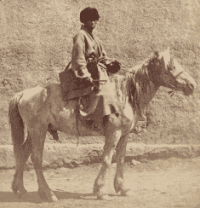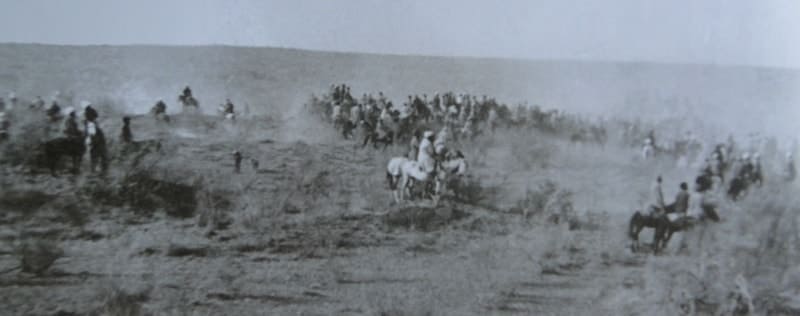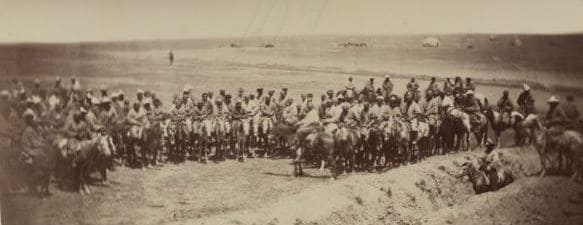You are here
History of kokpar in Kazakhstan.

National games on horses of Kazakhs.
“To solve a problem,” Descartes said, means to win the battle. But winning the battle does not mean solving the problem.”
Jean Rostand.
Kokpar - Kazakh national games.
This is horseracing struggle, horsemen struggle for goat taking-over. “Kokpar-kokbori” means the Kazakh grey wolf. The wolf was the bitterest enemy for nomads and if somebody could kill it, he should bring the wolf’s head to the progenitor as a symbol of heroism.
The day of the wolf’s killing was an original holiday. Everyone tried to take the wolf`s carcass to aul and struggle with each other for it. Sometimes the wolf’s carcass was replaced by headless goat. Nowadays we have only the name of “grey wolf” game, but its form and rules changed in accordance with social and economical conditions of life.
Nowadays “Kokpar” is one of the best horse sports game and none of any holidays is held without it. The game has two variants. The most widely used is “zhalpy-tartys”, when many horsemen take part in this game and everyone struggles for the animal’s carcass. The other variant is “Doda tartys”.
The group of people, consisting of certain number of horsemen struggles with each other. Since 1958 “kokpar” competition has been carried out on the racecourse of hippodrome. The game duration was 5 or 15 min. Till 1958 “kokpar” has been carried out during holidays on the stripping without established rules.
“Kokpar” has been included on the first All-Union horse sports competitions as one of the main kinds of the program competitions. The history of kokpar goes back many centuries, but during the Soviet Union it was banned as a barbaric game.
But people in love with kokpar traveled hundreds of kilometers to the steppe to get an adrenaline rush and respect the traditions of their ancestors. There was a real hunt for the coparists: they were tracked down from helicopters, deprived of party tickets and positions.
However, brave men still continued to secretly go to forbidden competitions. Kokpar is not just entertainment.


Authority:
Life and culture of Kazakh people. Kenzheahmetuly S. Almatykitap, 2006







